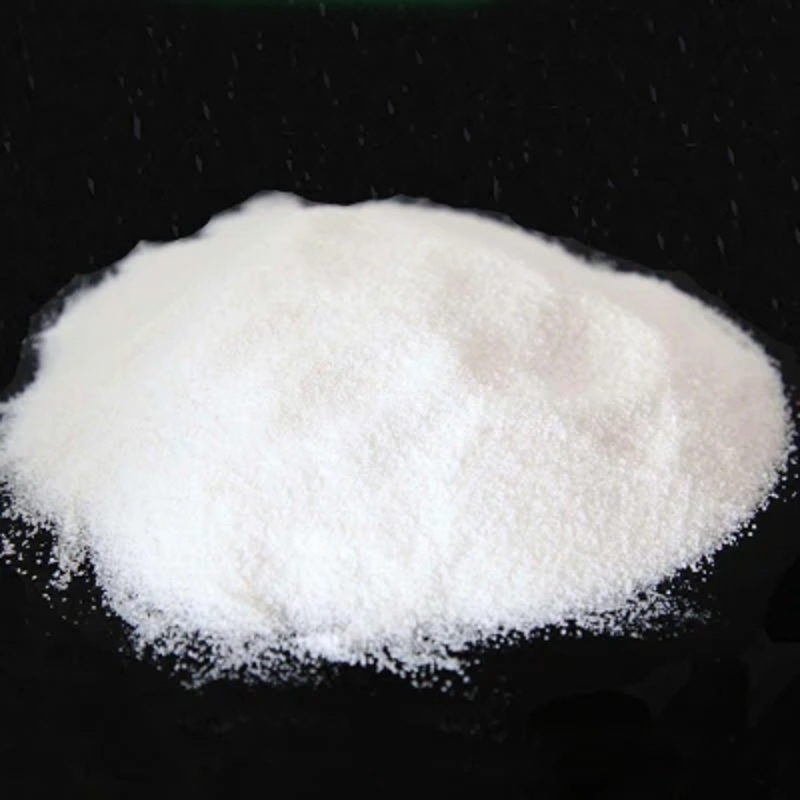-
Categories
-
Pharmaceutical Intermediates
-
Active Pharmaceutical Ingredients
-
Food Additives
- Industrial Coatings
- Agrochemicals
- Dyes and Pigments
- Surfactant
- Flavors and Fragrances
- Chemical Reagents
- Catalyst and Auxiliary
- Natural Products
- Inorganic Chemistry
-
Organic Chemistry
-
Biochemical Engineering
- Analytical Chemistry
-
Cosmetic Ingredient
- Water Treatment Chemical
-
Pharmaceutical Intermediates
Promotion
ECHEMI Mall
Wholesale
Weekly Price
Exhibition
News
-
Trade Service
infected with the H5N1 avian influenza virus has been detected between Isla Saboga and Isla Taboga, near Panama's Pacific coast.
To prevent the spread of the virus inside Panamanian farms and among poultry, Dinasa issued a 90-day health alert
.
Panama's "telemetro" website reported that Celilia Escobar, head of Dinasa, said that the bird infected with the H5N1 virus is a pelican migrating from the north to the south, not poultry raised in Panama, so it will not cause a large-scale epidemic in Panama and will not threaten food hygiene and safety
.
.
Despite this, Dinasa has issued a series of instructions to veterinarians and technicians to monitor the spread of the H5N1 avian influenza virus
.
Specific measures include: suspending the leave of veterinarians and technicians during health alerts; strengthening epidemiological surveillance of poultry and wild birds; Require personnel to use personal protective equipment; It is strictly forbidden to handle or transport infected or dead birds on their own; When handling bird carcasses, relevant personnel should take biosecurity precautions
.
.
Specific measures include: suspending the leave of veterinarians and technicians during health alerts; strengthening epidemiological surveillance of poultry and wild birds; Require personnel to use personal protective equipment; It is strictly forbidden to handle or transport infected or dead birds on their own; When handling bird carcasses, relevant personnel should take biosecurity precautions
.
Xavier Sáez, an infectious disease expert in Panama, said that the H5N1 avian influenza virus is a relatively common strain, but despite this, it is still necessary to be vigilant about the genetic recombination between the H5N1 virus and the human influenza strain to prevent the outbreak
of new outbreaks.
of new outbreaks.







